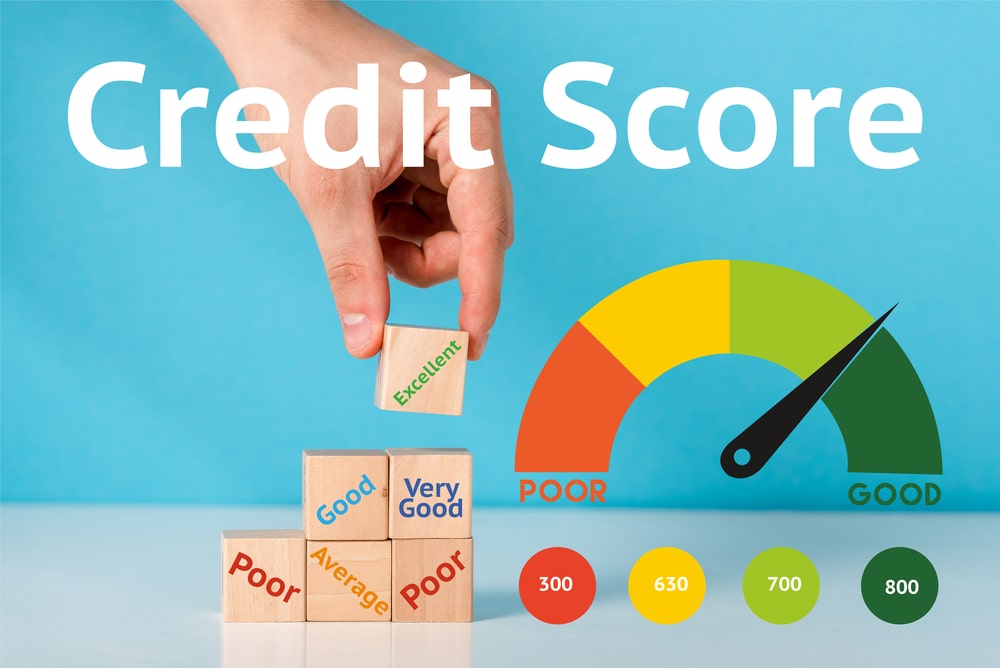Credit Repair Strategies
If you’re looking for ways to repair your credit, you’re not alone. Many people struggle with credit issues and may feel overwhelmed by the process of repairing their credit. Fortunately, there are several strategies you can use to improve your credit score and get back on track financially. In this article, we’ll discuss some of the most effective credit repair strategies you can use to rebuild your credit and achieve your financial goals.
Understanding Credit Scores
Before we dive into credit repair strategies, it’s important to understand how credit scores work. Your credit score is a numerical representation of your creditworthiness, based on your credit history. Credit scores range from 300 to 850, with higher scores indicating better creditworthiness. Your credit score is calculated based on several factors, including:
- Payment history
- Amounts owed
- Length of credit history
- Types of credit used
- New credit
Understanding these factors can help you identify areas where you can improve your credit score.
Check Your Credit Report
The first step in repairing your credit is to check your credit report. You are entitled to a free credit report from each of the three major credit reporting agencies (Equifax, Experian, and TransUnion) once a year. Review your credit report carefully and look for errors or inaccuracies. If you find errors, you can dispute them with the credit reporting agency to have them corrected.
Pay Your Bills on Time
One of the most important factors in your credit score is your payment history. Late payments can have a significant negative impact on your credit score, so it’s essential to pay your bills on time. Set up automatic payments or reminders to help you stay on track.
Reduce Your Debt
The amount you owe on your credit accounts is another important factor in your credit score. If you have high balances on your credit cards or other loans, it can negatively impact your credit score. Paying down your debt can help improve your credit score and also reduce your overall financial stress.
Negotiate with Creditors
If you’re struggling to make payments on your debts, it’s important to reach out to your creditors and discuss your situation. You may be able to negotiate a payment plan or a settlement that can help you get back on track.
Use Credit Wisely
Using credit wisely is essential for maintaining a good credit score. Avoid maxing out your credit cards, and try to keep your credit utilization ratio below 30%. Only apply for credit when you need it, and don’t apply for multiple loans or credit cards at the same time.
Build a Strong Credit History
The length of your credit history is another important factor in your credit score. Building a strong credit history takes time, but it’s worth the effort. Keep your oldest credit accounts open and active, and avoid opening too many new credit accounts at once.
Seek Professional Help
If you’re struggling to repair your credit on your own, you may want to consider seeking professional help. Credit counseling agencies and credit repair companies can help you develop a plan to improve your credit score and navigate the credit repair process.
Conclusion
Repairing your credit can take time and effort, but it’s worth it in the long run. By following these credit repair strategies, you can improve your credit score, reduce your debt, and achieve your financial goals. Remember to check your credit report regularly, pay your bills on time, and use credit wisely. And if you need help, don’t hesitate to reach out to a professional.
FAQs
- Can credit repair really help improve my credit score? Yes, credit repair can help improve your credit score by identifying errors on your credit report and taking steps to address them.
-
- How long does it take to repair credit? The length of time it takes to repair your credit can vary depending on the severity of your credit issues and the strategies you use. In some cases, you may see improvements in just a few months, while it can take several years to fully repair your credit.
- Can I repair my credit on my own, or do I need professional help? You can repair your credit on your own by following the strategies outlined in this article. However, if you’re struggling to make progress or need help navigating the credit repair process, you may want to consider seeking professional help.
- Will my credit score improve automatically once I pay off my debts? While paying off your debts can help improve your credit score, it’s not an automatic process. It may take time for your credit score to improve after paying off your debts.
- Can I still get approved for credit with a low credit score? It may be more difficult to get approved for credit with a low credit score, but it’s not impossible. You may need to explore alternative options, such as secured credit cards or loans, to rebuild your credit and demonstrate your creditworthiness to lenders.
By following these credit repair strategies and being patient and persistent, you can take control of your credit and achieve your financial goals. Remember, repairing your credit is not a quick fix, but a long-term process that requires discipline and commitment. With the right strategies and mindset, you can improve your credit score and achieve financial success.
Feeling overwhelmed and don’t know where to start when it comes to fixing your credit?
Masters Credit is here to help. We’ll work with you one-on-one to get your credit back on track and rebuild your credit history. You’re not alone – we’re here to support you every step of the way.
When it comes to your credit, we want you to have the best possible experience. That’s why we’ll do everything we can to make the process easy for you and keep you informed every step of the way. We want you to feel confident that you’re in good hands with Masters Credit.
Call us today at 1-844-620-8796! We’re here to help.
[wpi_designer_button slide_id=6350]
Note: The information on this website is for general purposes only and does not constitute financial or legal advice.







Leave A Comment